The Vikings defense has shown just about everything so far this season.
Whether you're a football optimist or a pessimist, it all comes down to what stats are the most important to you, Will Ragatz of Sports Illustrated recently wrote while analyzing Minnesota's defensive performance through three games.
Here's the bad news: The Vikings defense currently ranks 25th in the NFL according to Football Outsiders' DVOA (defense-adjusted value over average), which is an opponent-adjusted efficiency metric. The run defense is second-to-last and the pass defense is ranked 20th. Minnesota is 18th in expected points added (EPA) and 23rd in opponent success rate.
Ragatz added the Vikings are 30th in total yards allowed per game (413.3) and have let opponents average 6.0 yards per play (tied for 26th in the NFL).
Now here comes the good news: Minnesota is keeping opponents' scoring to a minimum, especially in critical situations. Ragatz wrote:
The Vikings have given up 55 points in three games, tied for the ninth-fewest in the league. After holding the Packers to seven points, they gave up 24 points each to the Eagles and Lions. In their two games against teams other than the Vikings — including a Week 1 matchup against each other — the Eagles and Lions averaged 31 and 35.5 points, respectively.
Along with the Colts, the Vikings are one of two teams that hasn't allowed a point in the fourth quarter this season. That's pretty impressive, no matter how you look at it.
Look back on photos from past games between the Vikings and the Saints.





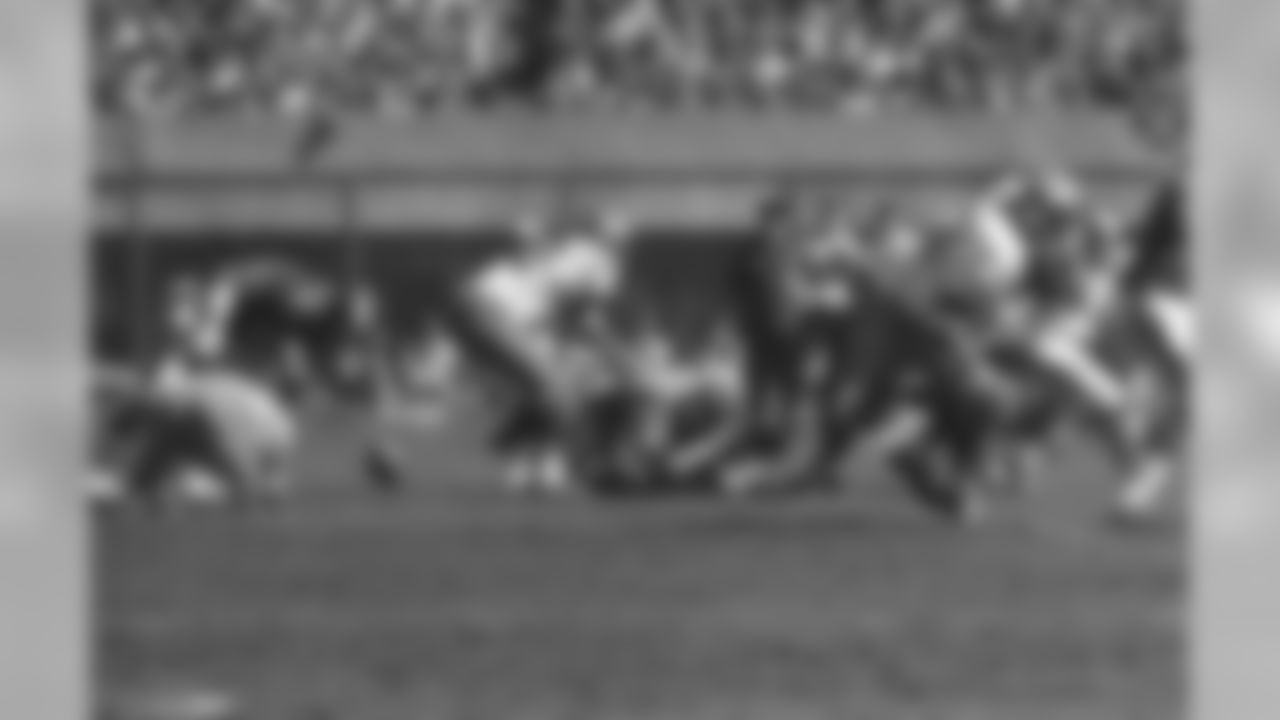



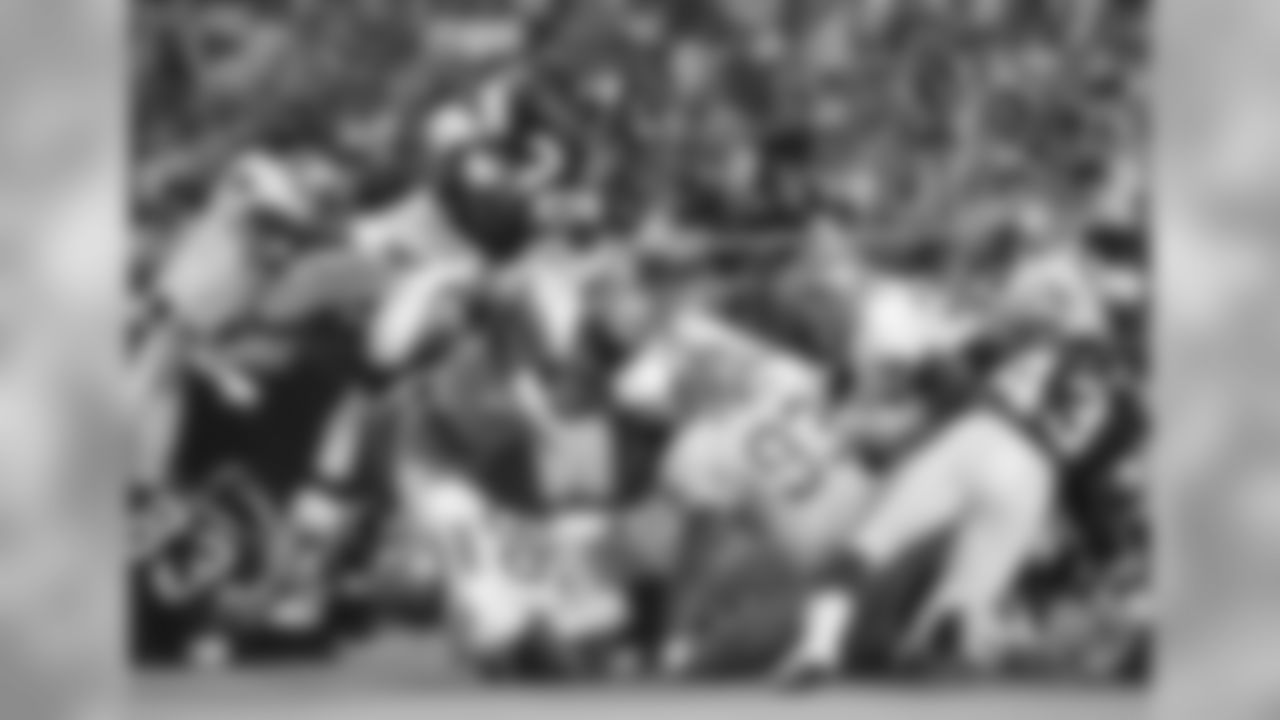








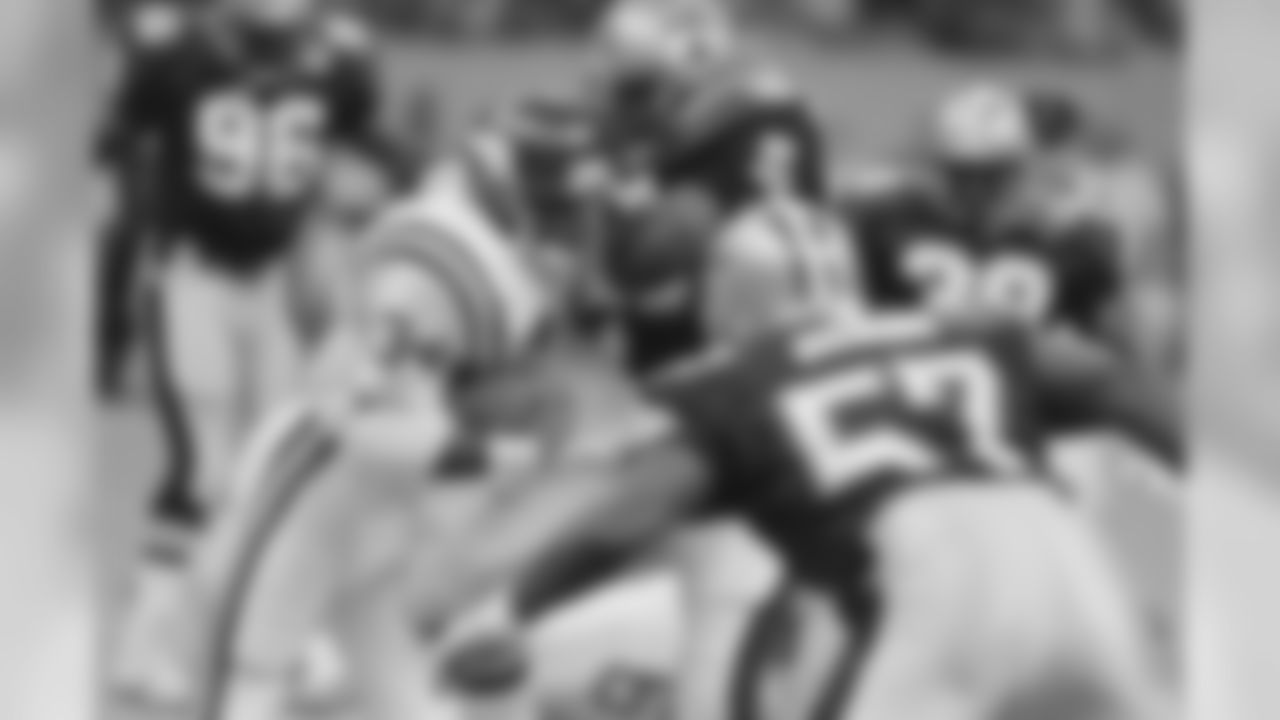





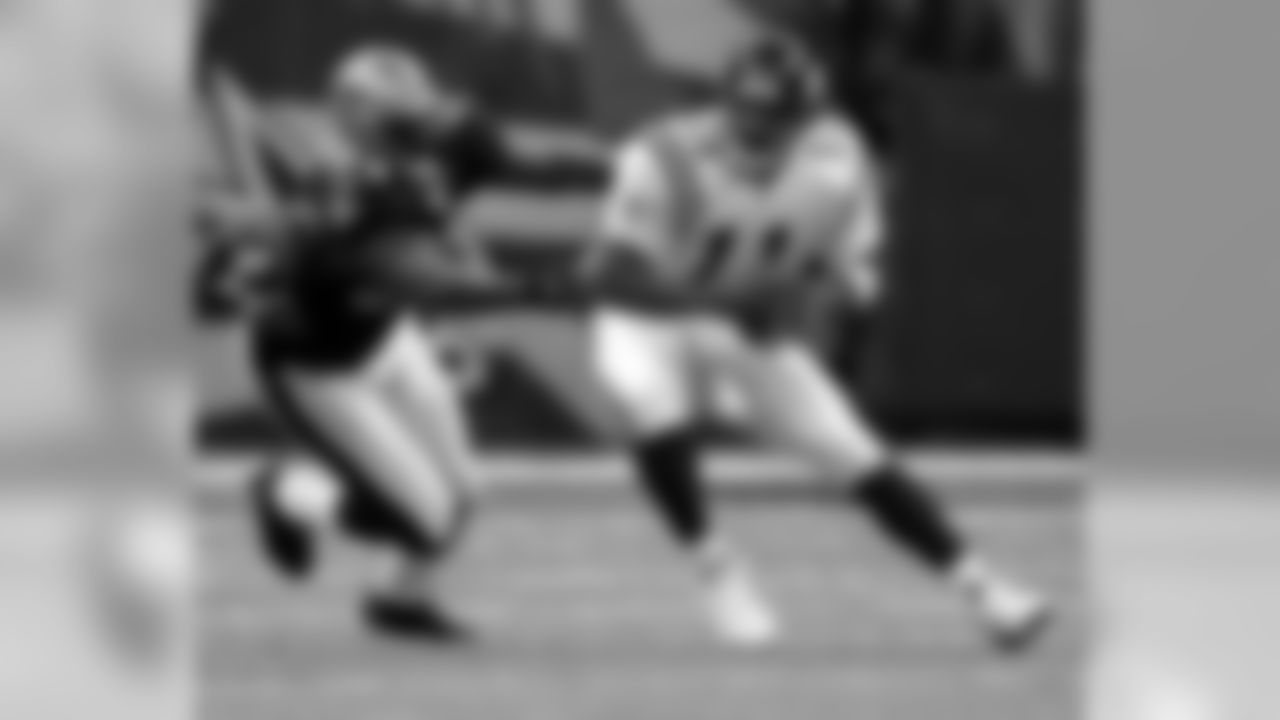







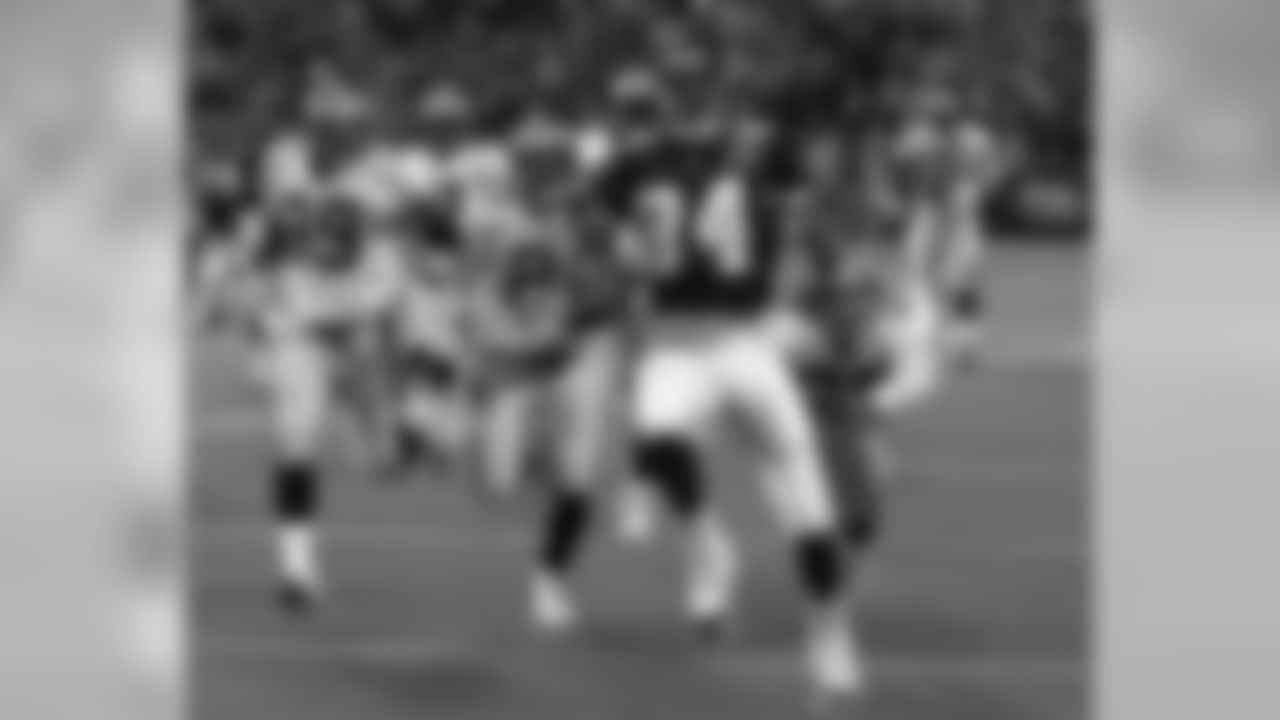



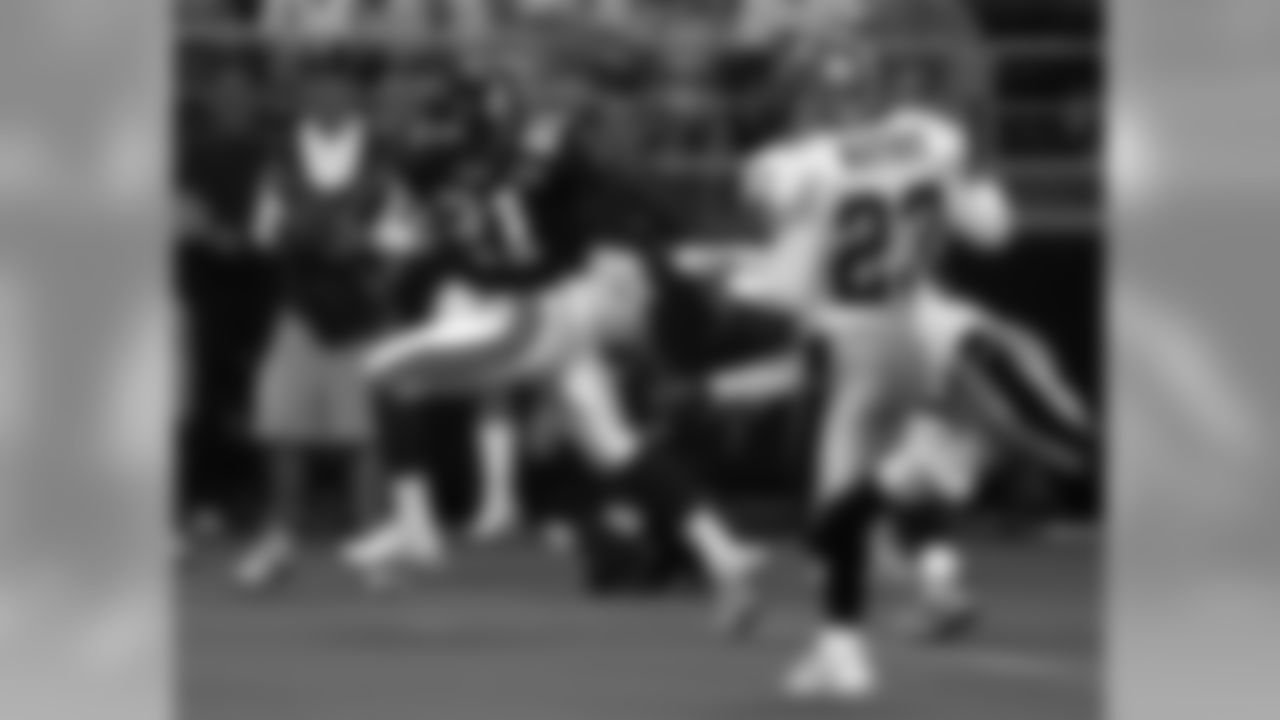













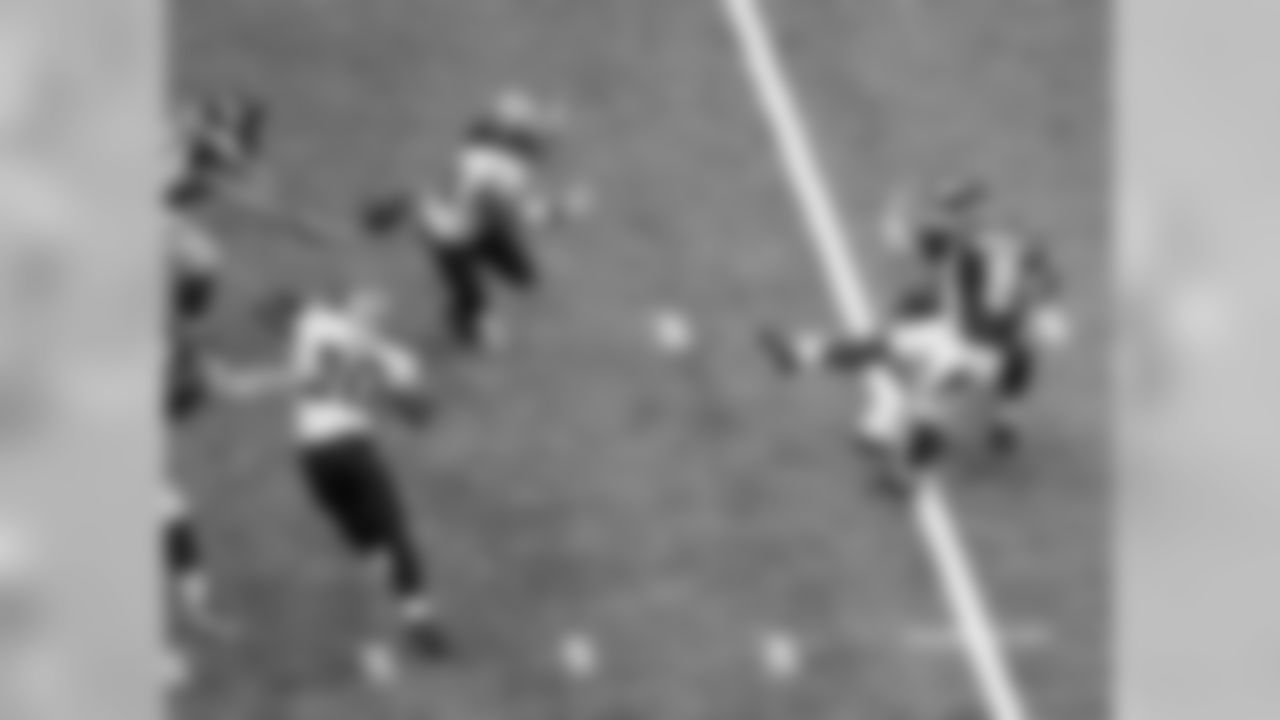




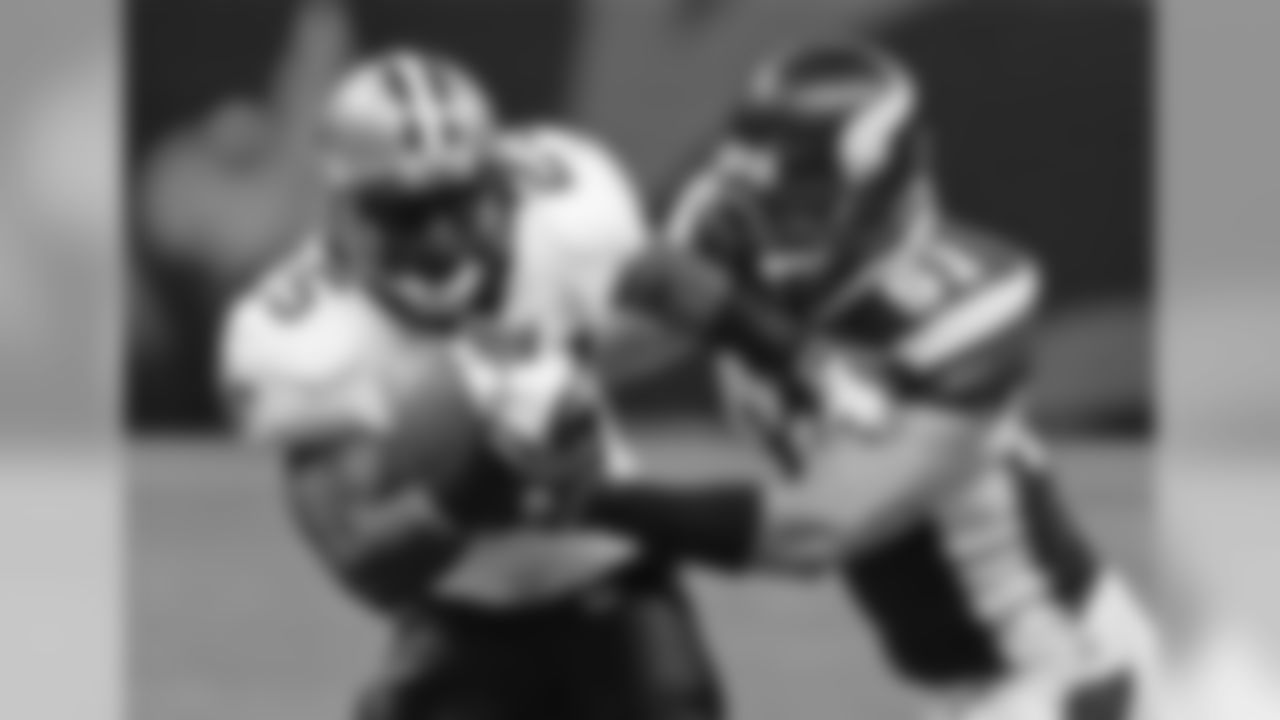































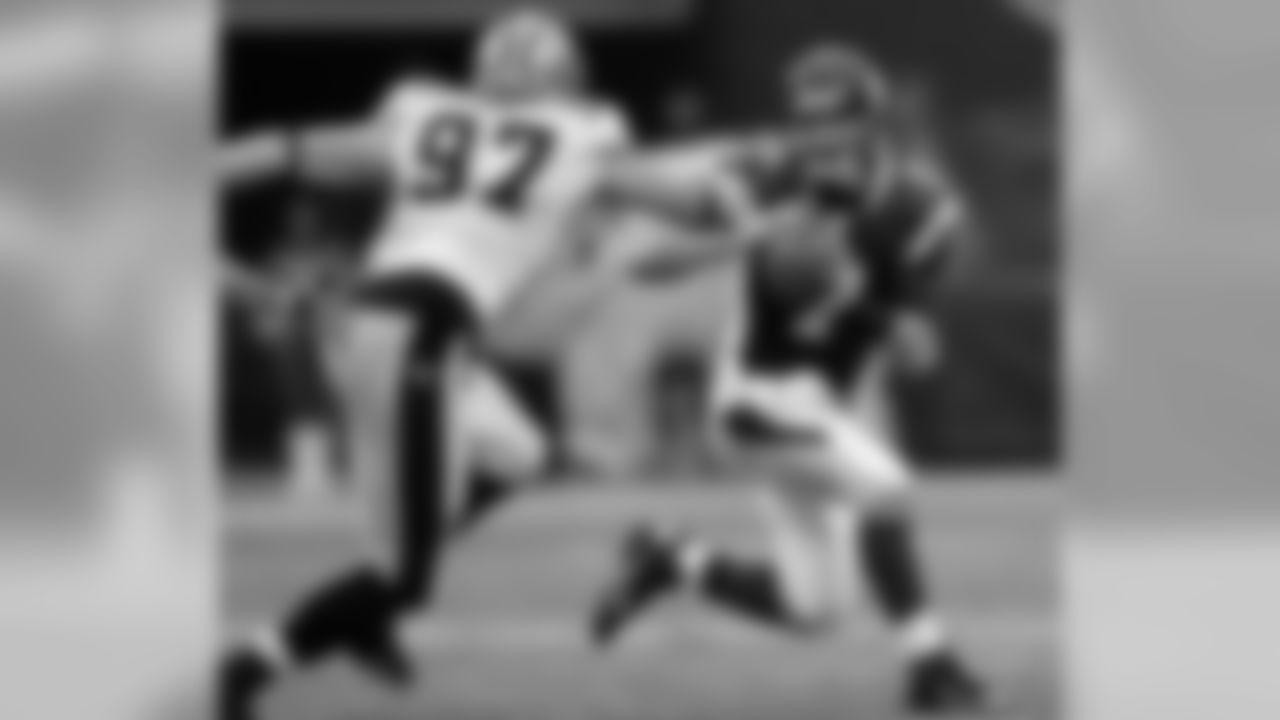














An image from the Jan. 14, 2018 divisional playoff game against the New Orleans Saints. The Vikings won 29-24.

An image from the Jan. 14, 2018 divisional playoff game against the New Orleans Saints. The Vikings won 29-24.

An image from the Jan. 14, 2018 divisional playoff game against the New Orleans Saints. The Vikings won 29-24.

An image from the Jan. 14, 2018 divisional playoff game against the New Orleans Saints. The Vikings won 29-24.

An image from the Jan. 14, 2018 divisional playoff game against the New Orleans Saints. The Vikings won 29-24.

An image from the Jan. 14, 2018 divisional playoff game against the New Orleans Saints. The Vikings won 29-24.

An image from the Jan. 14, 2018 divisional playoff game against the New Orleans Saints. The Vikings won 29-24.

An image from the Jan. 14, 2018 divisional playoff game against the New Orleans Saints. The Vikings won 29-24.

An image from the Jan. 14, 2018 divisional playoff game against the New Orleans Saints. The Vikings won 29-24.

An image from the Jan. 14, 2018 divisional playoff game against the New Orleans Saints. The Vikings won 29-24.

An image from the Jan. 14, 2018 divisional playoff game against the New Orleans Saints. The Vikings won 29-24.

An image from the Jan. 14, 2018 divisional playoff game against the New Orleans Saints. The Vikings won 29-24.

2020

2020

2020

2020

2020

2020

2020

2020

2020

2020

Minnesota Vikings vs New Orleans Saints
U.S. Bank Stadium

2020

2020

2020

2020

2022

2022

2022

2022

2022

2022
Ragatz said the Vikings have used a "bend-don't-break" mentality in their defense through their first three games. Minnesota is ranked 13th on third downs so far this season, allowing teams to convert 34.2 percent of the time.
The Vikings defense has also made key plays when necessary.
In Week 1 against Green Bay, Minnesota came up with a fourth-down stop of Packers running back AJ Dillon on the 1-yard line. Vikings safety Harrison Smith also had an interception of Aaron Rodgers, and Jordan Hicks forced a fumble in the second half.
While Week 2 against Philadelphia didn't provide many defensive highlights, a bright spot was the Vikings not allowing any second-half points.
And in Week 3 on Sunday against Detroit, Minnesota made crucial stands to end both the first half and the game, including another fourth-and-1 stop and an interception by Josh Metellus in the closing seconds to seal the comeback victory.
Ragatz noted it is still early in the season:
Taking everything into account, the safe conclusion is to say that we still don't know if this is a good defense or not.
The reality is that we just need to see more. It's been an up-and-down start for the Vikings defense, but they've come up big when needed most. Now let's see what kind of adjustments they can make to avoid getting trampled early in games.
Vikings Offense Still Trying to 'Evolve'
Like a caterpillar turning into a butterfly, the Vikings offense is still trying to metamorphosize.
Matthew Coller of Purple Insider recently broke down Minnesota's offensive performance from Sunday's game against Detroit. He wrote:
Despite trailing for the majority of the game, the 2022 Vikings offense had some shades of the 2019-21, leaning on the run game with Dalvin Cook and Alexander Mattison and dialing up play-action passes for quarterback Kirk Cousins.
Coller said according to Pro Football Focus, the Vikings utilized play-action 40.5 percent of the time, 28.5 percent higher than it did against Philadelphia.
Coller added Cousins was efficient on medium passes Sunday, going 7-of-11 for 99 yards and a touchdown on throws that went 10-19 yards. When it came to making plays downfield, Cousins had four throws of 20 yards or more, with the only completion being the 28-yard go-ahead touchdown to wide receiver K.J. Osborn.
"We're just continuing to evolve, and we are still just three games into our guys running this system and this offense, so there's going to be times where we've got to try to have that learning curve happen on the fly," Head Coach Kevin O'Connell said on Monday to Twin Cities media members.
Coller believes that evolution on offense begins with star receiver Justin Jefferson. But after a monster performance in Week 1 of nine catches for 184 yards and two touchdowns against Green Bay, Jefferson has been limited the past two games, averaging 4.5 receptions and 31 yards and no scores.
"Early on, we missed some chances to get Justin some chances… that might have gotten him going a little bit… and I have to do a good job preparing him and equipping him with the things he needs to help him have an impact no matter how he's being defended," O'Connell said.
Through three games, Coller noted the Vikings are in the middle-of-the-pack in scoring (16th), yards (18th) and percentage of drives resulting in points (21st).
Coller wrote O'Connell still has to determine what needs to be changed with the offense and when it needs to happen in his first season at the helm:
The lines between which parts need to evolve and which parts need time is blurry at the moment, and the Vikings face a New Orleans club that has given up only 6.3 yards per pass attempt so far this year and features an elite shutdown corner.
"There's a lot of things we can correct, a lot of things that jump out that we can continue our evolution as a football team," O'Connell said.






















